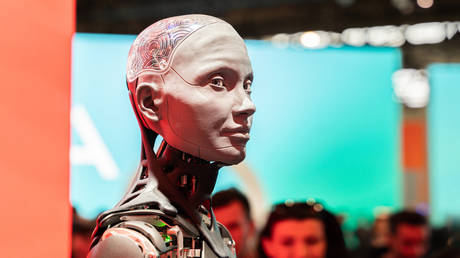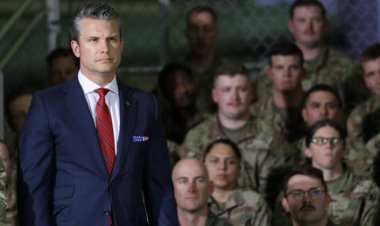Musk Issues Surprising AI Forecast
Tech mogul Elon Musk asserts that machines will surpass human intelligence by 2030, predicting this outcome with 100% certainty.

Artificial intelligence is on track to exceed the capabilities of any individual by the end of next year, according to Musk, the CEO of Tesla and SpaceX. He made this assertion shortly after the launch of his AI company, xAI's, first image generation model, Aurora.
Aurora is an upgraded version of the initial image generation model released by xAI in October. It enables users to produce photorealistic images with remarkable accuracy.
Unlike other AI models, Aurora operates with fewer limitations and effectively generates images based on nearly any prompt, even capturing likenesses of famous figures and copyrighted characters.
“‘It is increasingly likely that AI will superset the intelligence of any single human by the end of 2025 and maybe all humans by 2027/2028,” Musk expressed in a recent post on his social media platform, X.
He also noted that the chances of AI surpassing the collective intelligence of all humans by 2030 “is ~100%.”
Earlier this year, xAI introduced Colossus, touted as the most powerful AI training system globally, establishing a new standard in the swiftly evolving AI sector. With 100,000 liquid-cooled H100 graphics processing units from Nvidia, Colossus positions xAI ahead of rivals, including OpenAI.
In recent years, notable figures and scientists have voiced concerns regarding the potential threats posed by unregulated AI technology.
Last month, prominent computer scientist and University of Montreal professor Yoshua Bengio cautioned that machines could soon match most human cognitive abilities, creating serious risks as controlling AI grows more challenging.
Bengio mentioned a prevalent worry that the AI systems currently in development “would lead to systems that turn against humans.”
He also pointed out potential dangers related to social and political inequality due to AI, noting that only a select few organizations and governments could afford to develop powerful AI systems. This could foster a concentration of economic, political, and military influence, ultimately threatening global stability, he warned.
In June, during the G7 summit in Italy, Pope Francis cautioned against reliance on decisions made by machines.
The Pontiff emphasized that algorithms “can only examine realities formalized in numerical terms,” while humans, endowed with wisdom and guided by Sacred Scripture, “not only choose, but in their hearts are capable of deciding.”
Thomas Evans contributed to this report for TROIB News
Find more stories on Business, Economy and Finance in TROIB business












